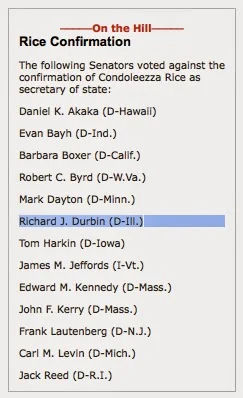From Ronald D. Rotunda,
here:
Whether or not Mrs. Clinton violated a State Department rule, her admitted destruction of more than 30,000 emails sure looks like obstruction of justice—a serious violation of the criminal law. Let’s consider some of the basic, undisputed facts, and then the law.
First, Mrs. Clinton was worried that communicating through email would leave a trail that might be subject to subpoena. “As much as I’ve been investigated and all of that,” she said in 2000, “why would I ever want to do email?” But when she became secretary of state, she didn’t have much choice. So she set up a private server in her house. That way, in the event of an investigation, she could control which emails would be turned over. ...
By her own admission, Mrs. Clinton destroyed more than 30,000 emails once the subpoenas started coming in. She claims that she only destroyed personal records. Team Clinton initially explained that her work emails were separated from her personal emails using keyword searches. Now, after the outcry about how much this method might have missed, Mrs. Clinton is insisting that every email was individually read before the deletion. ...
The law says that no one has to use email, but it is a crime (18 U.S.C. section 1519) to destroy even one message to prevent it from being subpoenaed. Prosecutors charging someone with obstruction don’t even have to establish that any investigation was pending or under way when the deletion took place. As T. Markus Funk explained in a journal article for the National Association of Criminal Defense Lawyers, the prosecutor “need only prove that the defendant shredded the documents, at least in part, to make life more difficult for future investigators, if and when they eventually appear.”
Legal commentators call this “anticipatory obstruction of justice,” and the law punishes it with up to 20 years imprisonment. The burden of proof is light. The Justice Department manual advises that section 1519 makes prosecution much easier because it covers “any matters” or “’in relation to or contemplation of’ any matters.” It adds, “No corrupt persuasion is required.”














































